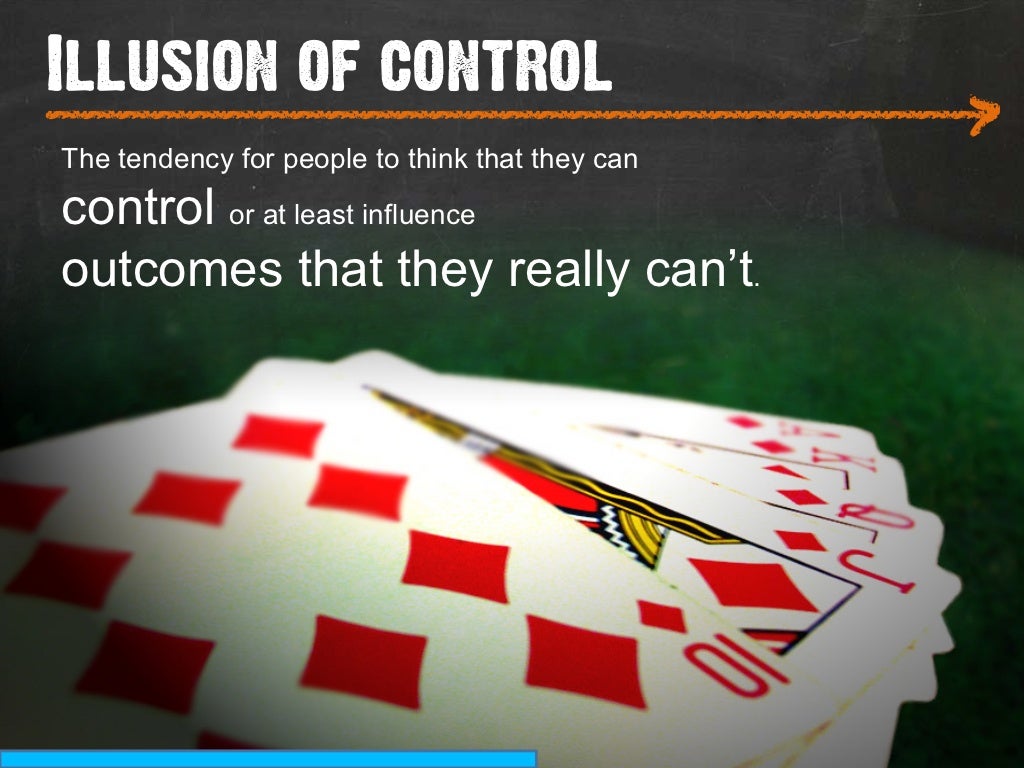
/GettyImages-737369225-5af3029a0e23d9003707e6d7.jpg)
It exists irrespective of differences in race, gender, age etc. (Sharot, 2012) Yes, we can be collectively pessimistic about the state of affairs (maybe currently due to a pandemic, environmental mishaps & emergencies, innumerable protests & clashes, poor governance, questionable leaderships & democracies etc.), but as individuals, we tend to be remarkably optimistic about our private lives and success of our own endeavors.

Tali Sharot, a leading expert in optimism bias & cognitive neuroscience pointed out that human beings are more optimists than realists, & that our brains are engineered & wired that way, as optimistically biased people.

Nonetheless, who expected a few nanometers sized corona virus to cause a pandemic, bringing millions of lives to halt and revolutionize the world? What do we all think our lifespan is? Today, I feel miserable, when some people are so casual and complacent about their precautionary measures against COVID. How do you see your future? Do you see yourself having stable/better health, finances, and relationships than the present time? Or you see yourself meeting with an accident & losing a limb? Or contracting Covid/any debilitating illness? A bad relationship-breakup or divorce? Job loss? Missing the most important appointment/ meeting of your life? Failure of your start up? Or worse, death? I would not anticipate any of such things happening to me. Optimism bias or the Illusion of Invulnerability refers to overestimating likelihood of positive future events in our life and underestimating the likelihood of negative life events. However, unrealistic optimism/optimism bias/an illusion of invulnerability could pose a danger. (“The Optimism Bias: Imagining A Positive Future”, n.d.) Optimism has an evolutionary purpose, and is behind all the advancement in our lives, from early cave men to the present 21 st century.

It acts as a self-fulfilling prophecy, helps us take risks, learn more & succeed, reduces stress & anxiety, elevates our mood and happiness, reduces the risk of coronary heart disease/death & thus improves health and wellbeing, just to name a few benefits. Psychology.Optimism can be one’s biggest strength. Methodology/approach: Critical review of the existing literature on unrealistic optimism and its implications for economic and managerial decision making. Originality/value: A careful analysis of the psychology of over-optimism from an economics and managerial perspective is original and extremely valuable in a world where uncertainty dominates. Implications: Since the policy and welfare implications of such a (neglected) widespread phenomenon are vast, we challenge the current public policy trend of extending lending to business start-ups, on the grounds that it may create a real road to ruin. Findings: We show that most people are prone to groundless optimism when faced with economic and managerial decisions and yet economists, managers and policy makers still ignore it or fail to understand its characteristics. We also analyze current trends in terms of entrepreneurship by policy makers. The purpose of this study is to take a critical approach of the main research done in the area and to analyze the important impact that it has in many economic and managerial contexts. Purpose: Unrealistic optimism is all around us, and it is a well-documented psychological phenomenon.


 0 kommentar(er)
0 kommentar(er)
